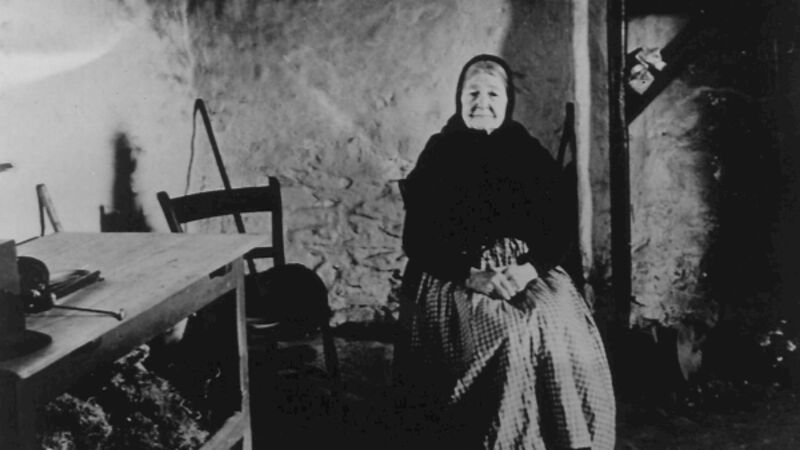Bending psychologist’s ear to not give a focail

Kids have it easy today. OK, maybe those now in their teenage years will suffer the worst excesses of climate change. Sure, they probably won’t ever be able to afford to buy a home. Alright, they are growing up in a turbulent world where the old order is rapidly changing, writes
But at least they have a better chance of being exempted from studying Irish for the Leaving. At least their schooldays may not be stalked by the terror of having to address the peculiarities and complexities of the native language. At least they have some chance of breaking free.














